Saving the world from packaging with digital print
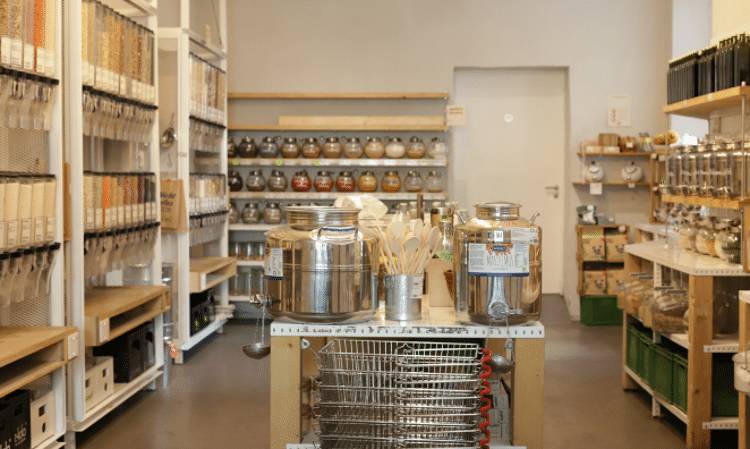
Sonja Angerer discusses how wide format digital print can help make packaging more sustainable.
Public opinion is not exactly in favour of packaging these days – and the gigatons of plastic waste in the world’s oceans might be a reason. But in an industrialised, globalised world going without packaging is just not really an option. But wide format digital print can help you design and procure packaging that is more relevant and sustainable. Everybody hates the pictures of cute sea turtles, strangled by plastic packaging rings, carelessly tossed into their habitat. Nor do developed nations appreciate images of children toiling away in mountains of toxic western garbage, shipped to poor and far distant countries for recycling. Still, packaging is a basic necessity and this is where things get complicated. This is of course no excuse to just carry on as before when sourcing packaging. Wide format digital print can help make packaging more sustainable.
.png?lang=en-GB)
Caption: Original Unverpackt at Berlin-Kreuzberg claims to be the world-wide first supermarket for a zero-waste lifestyle. Photo: Katja Vogt.
Wait, Since When Is Packaging Sustainable?
Many consumers just love to hate most packaging, as it takes space in their waste bins after what feels like only minutes of being useful. But this is where the misconceptions start as, of course, any packaging’s lifecycle is quite considerably longer than just at a customer’s home. Packaging helps to manage goods on their often very long journeys from their place(s) of production to customers; packaging makes the product look good in the retail space; and last but not least packaging protects goods from getting spoiled while in transit or on display.
A Berlin entrepreneur wanted to get rid of packaging in the supermarket, and founded “Original Unverpackt”, the self-proclaimed “world-wide first supermarket for a zero waste lifestyle”. Now in its fifth year, the place largely caters to well-off hipsters in the trendy Kreuzberg quarter. They are people with plenty of time on their hands buying a relatively small selection of organic dried fruits, flours and legumes. But this is not a grocery shopping option for the wider public.
More relevant to more people is the idea to Reduce, Reuse and Recycle (RRR). RRR is the widely accepted formula for a more sustainable lifestyle, and luckily wide format digital printing can help reach these goals for packaging, if print buyers dare to follow down that path. It is a daring one as it may need a mayor rethink of global supply chains for many industries.
How Do I Reduce Packaging With The Help of Digital Print?
Ordering printed packaging, for any print buyer worth his or her salt, is just a final stage after a long process of packing design, from the early brainstorm stages to various design options and the eventual field tests. As digital printing does not require a print form, every alternative in the process can be printed on many different substrates to find what fits the purpose best. There is no minimum order size for wide format printing. Isn’t this wild?
Cutting and finishing is also digital these days, so a design stage model may match the later production print in every detail. Being able to produce a large number of design samples at reasonable cost was impossible in the era of analogue printing. Today, prototype samples can help by boosting iterative, low-footprint designs as well as providing a hands-on approach with lots of field tests. To print a sample of packaging design on roll-to-roll, sheet or rigid materials, any good Print Service Provider (PSP) needs only a print ready PDF of the design. In the interests of workflow efficiency and waste reduction, it is recommended to try and use ink and substrate types as similar as possible to those intended for the production run.
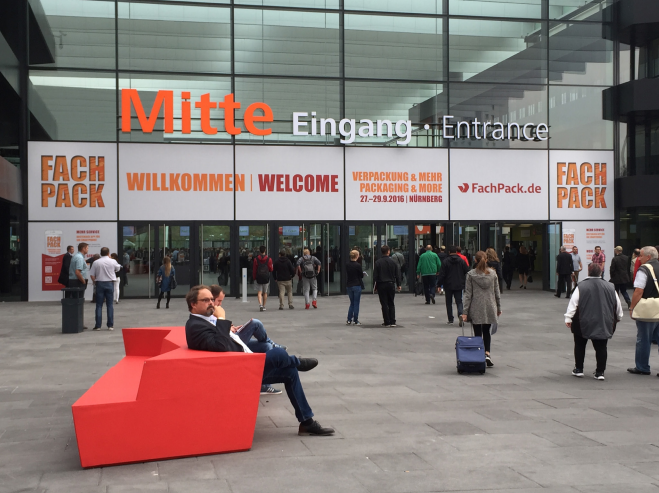
Caption: Esko has a complete eco system for digital packaging in place. This is their booth at Fachpack Nuremberg trade show 2018. Photo: S. Angerer.
If the sample as only used for proofing and development purposes, no special certification for inks and substrates is required. Most PSPs are able to not only print, but also have a workflow in place to automatically cut a large selection of substrates with cutting or laser tables from companies like Bullmer, Eurolaser, Esko, Trotec or Zünd. Make sure that the cutting lines on your design are compatible with their workflow, though. Also, it is recommended to ask the PSP about their experiences with digitally printed packaging when placing the order. Grooving, kisscutting and folding may not typically be an everyday job for some PSPs, so to avoid delays or remakes, proven references in packaging print production will certainly help.
Less Is More - Reusing Packaging
As the option to digitally print out a design without a minimum order size boosts creativity, packaging designers are increasingly able find clever ways to reuse packaging. The idea to reuse is not so very new, though: many older people fondly remember reusing mustard containers as drinking glasses, and some still do. The glasses were even often printed with beautiful patterns and motifs to make reusing an attractive option. Tin cookie jars are another reuse option still common today. Wide Format digital printing options are available also on metal or glass, as UV curing inks will stick to almost any surface. So, adding value by using a large number of designs to make jars, glasses or containers collectibles or finetuning them with regional or ethnic motives might help to attract a number of buyers to keep them.
Alas, not every standard wide format printing UV-curing ink is suitable for use with foods, depending on whether the item is intended for use as primary or secondary packaging. To prevent problems further down the production process, print buyers should ask in advance about food safe inks for packaging with their PSP. Manufacturers like HP and EFI offer a number of different inks for machines targeting the packaging markets, including low-migration inks.
Digitally printed packaging might also help to reuse shipping boxes. Many companies, Amazon the most prominent, have taken to printing their logo on those boxes. Digital presses are able to individualise each and every piece with a favourite motive, pattern or even the recipient’s name. Boxes like this may very likely get a second life as a container for toys or other items, or be reused as a gift box.
Recycle More Packaging - What Can Wide Format Print Do About It?
In many European counties, a substantial percentage of waste, including packaging, will be recycled and is not intended for landfill. However, certain plastics and nearly all composite materials are very hard to recycle. This is why they tend to end up in developing countries, but that’s another story entirely.
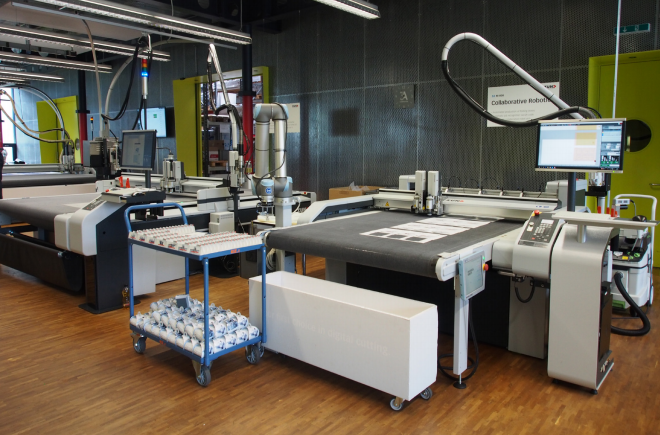
Caption: Digital cutting makes it even easier to design more sustainable packaging – as seen at Zünd Experience Days 2017. Photo: S. Angerer
Composite materials are used very heavily in packaging design, even where you might not expect it: the lid might very well be a completely different material than a food’s container, and both might be a combination of many functional layers to ensure product safety. If it was possible to invent much more packaging from one or very few components, recycling would be easier, and packaging’s environmental footprint considerably lower. Luckily, the wide format printing industry as well as packing substrate suppliers have been researching this question for years, and they have lately come up with paper based options for many packaging requirements. The beauty of paper based solutions is of course, that many countries worldwide already have a very efficient recycling eco system for paper and cardboard in place.
As paper based substrates are made from (relatively) fast renewable sources, their footprint is much smaller compared to plastics based on oil, the supply of which is expected to dwindle. The Antalis packaging unit introduced a few surprising single component substrates also suitable for use with wide format printing direct or label printing, including the Masterboard with Volatile Corrosion Inhibitors (VCIs), preventing corrosion of metals mainly used in the automotive industry, or paper based baking pans to replace the more common aluminium versions. Within the next few month, we expect many new lower footprint packaging substrates to be announced.
With packaging design it is however essential not to concentrate only on the actual box or tray produced, but to take into account the whole process. The most sustainable on-demand only packaging option from renewable sources might still be the worst solution eventually, if the new overall process consumes three times the energy of the previous, spoiling twice as much of the packed goods. So, before even starting to design a new packaging project for wide format printing, it might be a good idea to talk to a qualified process consultant first, so you don’t end up redesigning just to greenwash. Don’t only look to your wide format PSP for more eco-friendly packaging.
How do I Make Sure My Wide Format Packaging Project Will Be A Success?
The answer is easy: look at the whole packaging and logistics supply chain, or ask someone competent to do so for you. Don’t just replicate existing analogue processes. Digital printing can help you to efficiently produce as many different sample packages for your research and development process as needed to find a perfect solution. With wide format printing and digital cutting/ finishing you can introduce added value personalised packaging customers will love to reuse.
Do you want to reduce the packaging’s footprint in the first place? Digital printing on paper based substrates made from FSC certified fibres may very well be able to do this for you. As no printing form or punching die is required with digital production, personalised added value containers will encourage packaging reuse. If you want to help with recycling, do look into single component substrates. Wide format printers with UV curing inks are ready to print every motive you could think of onto virtually anything. There even are special inks suitable for thermoforming applications. If the container is used for primary or secondary food packaging or toys, do make sure the PSP uses lowmigration inks – and just enjoy the creative freedom wild format printing brings you.
Source information: The Wild Format guides are intended to expand awareness and understanding of the craziness that can be created on wide format digital printing devices, from floors to lampshades and everything in between. These guides are made possible by Digital Dots with generous support from HP, Techkon and Zünd.
Interested in joining our community?
Enquire today about joining your local FESPA Association or FESPA Direct
Recent news
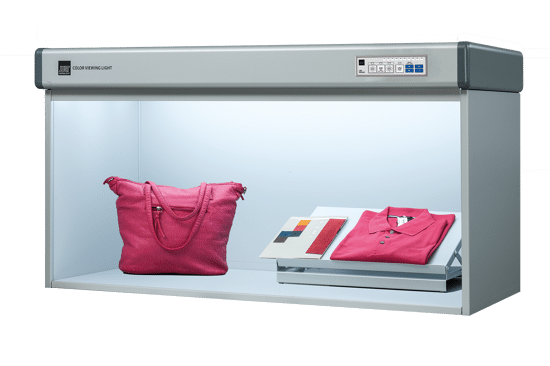
Standard lighting conditions for wide format printers and their many markets
Paul Sherfield shares the various standard conditions that are required for wide format printers as colours can appear differently dependent on the differing types of lighting and environments.
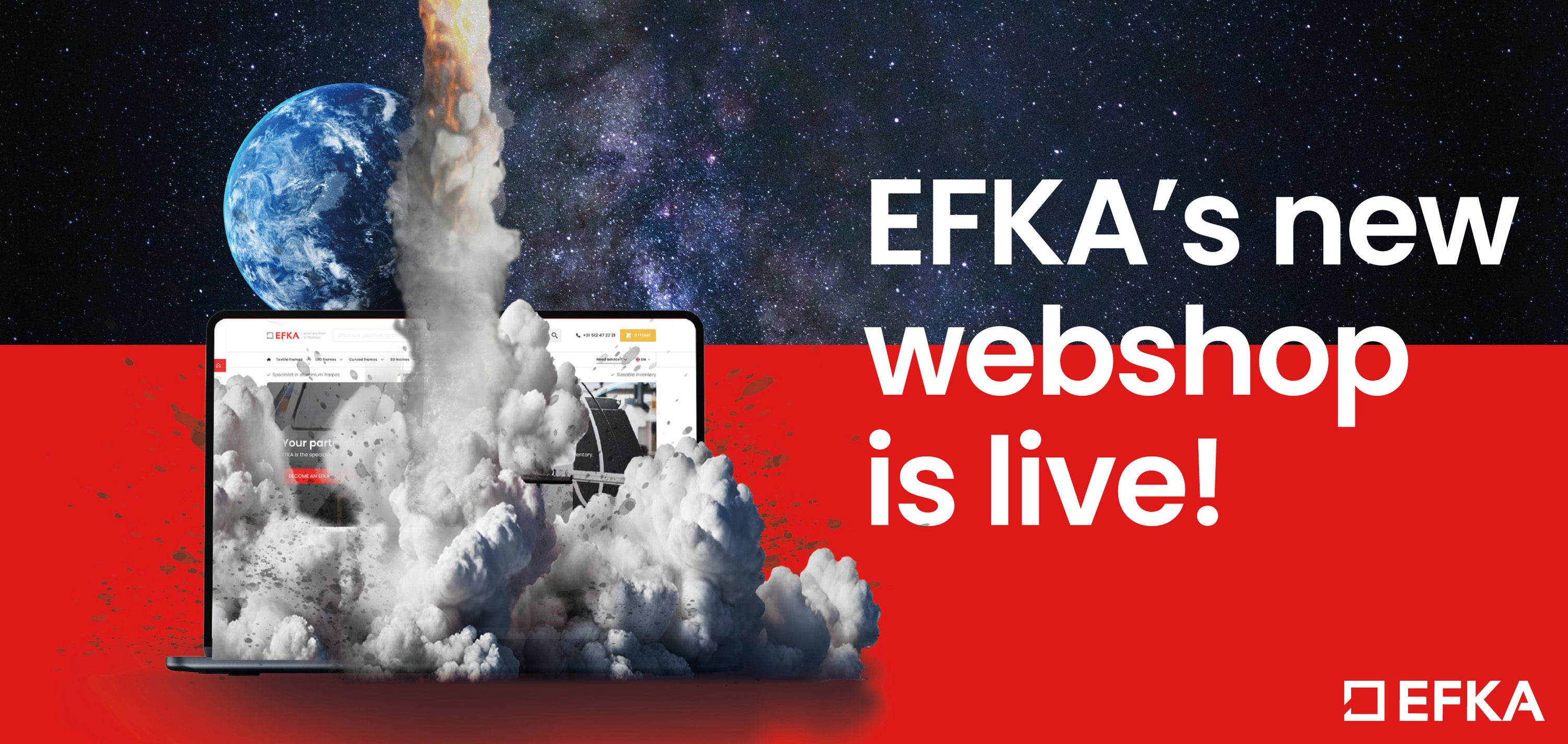_compromised.jpg?width=550)
EFKA launches new fully integrated webshop
EFKA, a leading producer and European market leader in aluminum textile frames, announced the launch of its new webshop that is fully integrated into the website and offers numerous advantages for customers.

How interactive print can help brands connect with potential customers
Interactive print is becoming an increasingly important feature for marketers as they seek to capture the attention of the modern consumer. Here, Rob Fletcher highlights some of the ways print can help brands connect with people while out and about.

What does Artificial Intelligence mean for the Design and Print Industry
Today, Artificial intelligence is already built into many products even though at times it is not noticeable. Looking towards the future, the growing presence of AI will change the design and printing industry forever. Sonja Angerer shares how you can successfully future-proof your business.